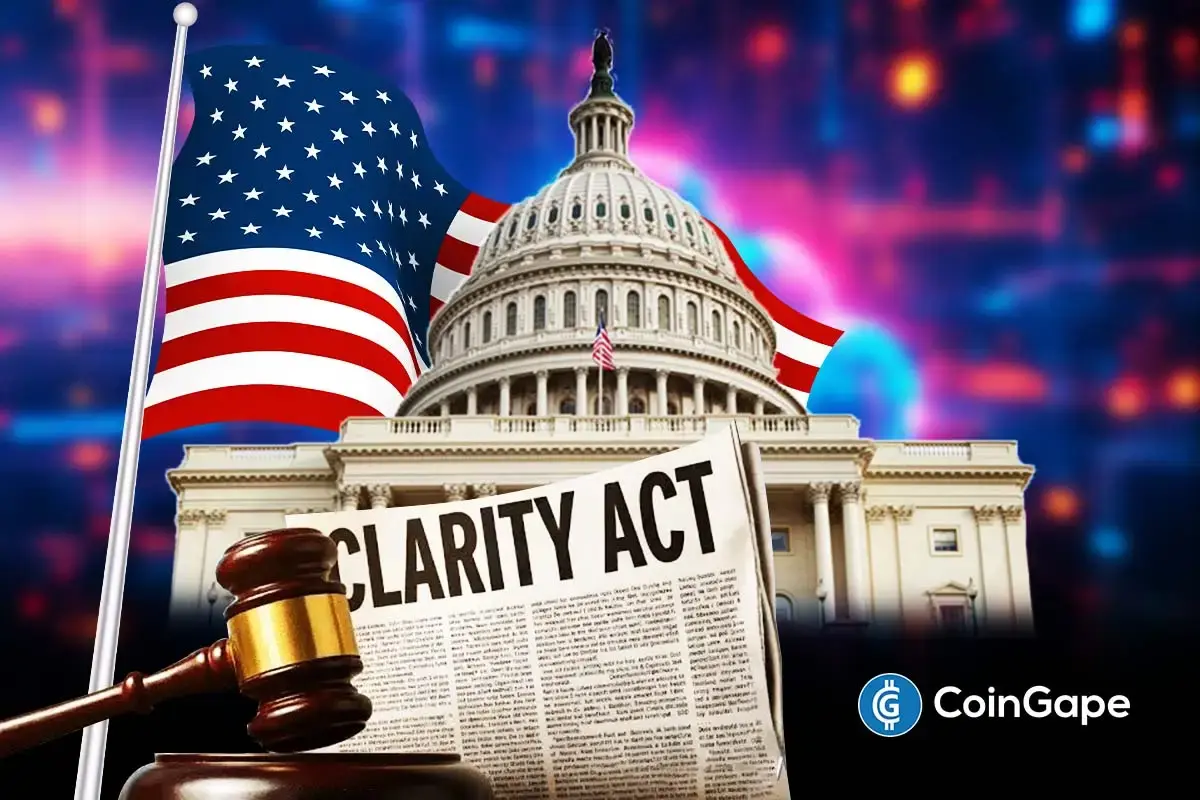Decoding AI’s Role in the 2024 US Elections: What You Need to Know

Highlights
- AI-generated voices in robocalls have been prohibited by the Federal Communications Commission.
- AI is now actively involved in the 2024 presidential race after being incorporated within government organizations and in the campaigns of candidates and elected officials.
- AI is being used by governments worldwide to produce texts, photos, and videos that help "manipulate" public opinion to their advantage.
The influence of AI on social media and the internet is increasing with each passing day. However, with the growth comes a significant issue of disinformation. In the wake of fake information, videos, and edited or morphed voice notes surfacing over the internet, the US elections currently stand on the verge of being negatively influenced by artificial intelligence.
Federal Communications Commission prohibits the use of AI robocalls
According to a report by AP, AI-generated voices in robocalls were prohibited by the Federal Communications Commission on Thursday. This move makes it very apparent that using technology to fool people and deceive votes will not be allowed anymore. The Telephone Consumer Protection Act is the legal basis for the unanimous verdict. The act prohibits trash calls that use artificial and prerecorded voice messages. After coming into play the new rule targets robocalls created with AI voice-cloning techniques.
According to the same report, the rule gives the FCC the authority to penalize businesses that employ AI voices in their calls. According to the FCC, it also provides state attorneys general with a new tool to take action against violators and allows call recipients to initiate cases.
FCC rule comes after previous tampering in elections
FCC’s current statement coincides with the advancement of the probe by New Hampshire authorities. The authorities had previously probed into AI-generated robocalls that used President Joe Biden’s voice. The incident used Joe Biden’s voice to dissuade voters from casting ballots in the state’s first-ever primary last month. According to the AP report, FCC’s chairwoman, Jessica Rosenworcel says that various players have been using AI-generated voices or messages in robocalls to “misinform voters, impersonate celebrities and extort family members”.
According to CNBC, AI is now actively involved in the 2024 presidential race. The report highlights that AI has been incorporated within government organizations and in the campaigns of candidates and elected officials. Although AI has the power to change an election, experts predict that these technological advancements will remain in the background due to the public’s mistrust of politicians and the absence of AI legislation.
AI’s influence on elections
Time and again various agencies have highlighted the impact of artificial intelligence on political campaigns and elections. A recent report by MIT Technology Review highlights that AI is being used by governments worldwide to produce texts, photos, and videos that help “manipulate” public opinion to their advantage. Additionally, the human rights advocacy organization Freedom House recently published a paper in which researchers detailed the use of generative AI in 16 nations “to sow doubt, smear opponents, or influence public debate.”
Additionally, political actors continue to use generative AI techniques to spread misinformation as they get more advanced. Amid the high frequency of misinformation circulating users need to be mindful of consuming digital content. Washington Post reports that artificial intelligence (AI) picture creation techniques make it more difficult, but not impossible, to distinguish fakes. One may identify AI-generated photographs by looking for five telltale signs. This includes when hands, backgrounds, and inanimate objects—which frequently don’t seem quite right—are focused on.
Play 10,000+ Casino Games at BC Game with Ease
- Instant Deposits And Withdrawals
- Crypto Casino And Sports Betting
- Exclusive Bonuses And Rewards

- Peter Brandt Flips Bullish, Predicts Bitcoin Rally As Price Holds Above $70k
- XRP News: Institutional Use Case Expands as Doppler Finance Integrates WXRP for Multi-Chain Access
- Trump Tariffs: Bitcoin Faces Fresh Headwinds as 15% Global Tariffs Begin This Week Amid Iran War
- Bitget Unveils ‘Crypto Anti-Bias Pledge’ To Support Women’s Inclusion In Crypto
- U.S.-Iran War: Crypto Market Rebounds as Iran Reportedly Reaches Out To U.S. To End Conflict
- Dogecoin Price Outlook as BTC Recovers Above $73,000
- XRP Price Prediction as Iran-U.S. Peace Talks Trigger a Crypto Rally
- COIN Stock Analysis as Bitcoin Retests $72k Ahead of February NFP Data
- Robinhood Stock Price Prediction As Cathie Wood Buys $12M Dip in Bold ARK Move
- Bitcoin Price At Risk? Professor Who Predicted US-Iran War Says America Could Lose
- Gold Price Prediction March 2026: Rally, Crash, or Record Highs?

 Buy $GGs
Buy $GGs

















